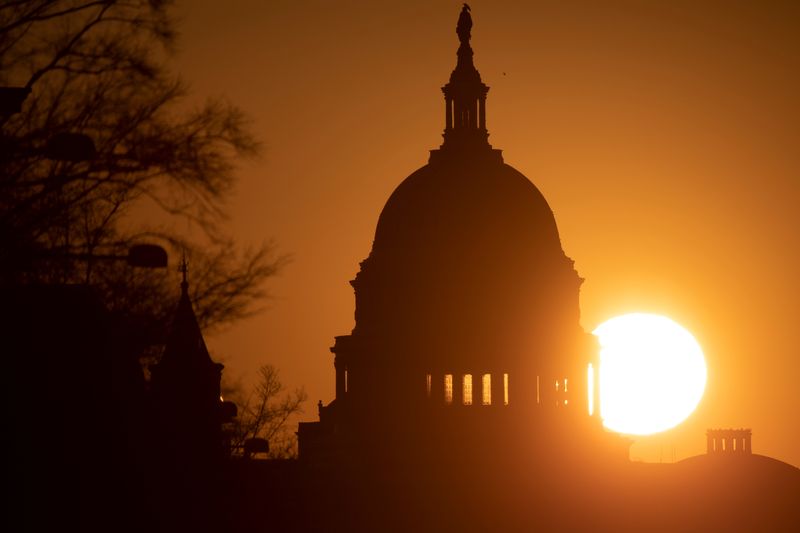WASHINGTON (Reuters) -The Republican-leaning states of Nebraska and West Virginia held primary elections on May 10 for the U.S. House of Representatives and other offices.
Following are notable races that could help shape the Nov. 8 midterm elections when Republicans hope to win control of the U.S. Congress.
NEBRASKA GOVERNORSHIP
Trump's endorsement power took a knock in the Republican gubernatorial primary in Nebraska, where Trump-backed Charles Herbster lost to University of Nebraska Regent Jim Pillen, according to a projection by Edison Research.
Herbster, a farming executive, was recently accused by several women, including a Republican state senator, of groping them. He denied the allegations but trailed Pillen across the largely rural state.
Pillen, who was endorsed by the departing Republican governor and the Farm Bureau, will face Democratic state senator Carol Blood in a contest seen as an easy win for Republicans.
WEST VIRGINIA'S 2ND CONGRESSIONAL DISTRICT
Former President Donald Trump's pick, U.S. Representative Alex Mooney, prevailed in a contest against fellow incumbent Republican Congressman David McKinley, according to a projection by Edison Research. The two were pitted against one another because their state, West Virginia, lost a U.S. House seat due to its shrinking population.
Mooney will likely win in November as the district is solidly Republican.
NEBRASKA 2ND CONGRESSIONAL DISTRICT

Centered around Omaha, the state's largest city, the 2nd district is seen as a potentially competitive race in November and has been held by Republican Don Bacon since 2017.
Bacon, who Trump had urged voters to oust from office, fended off a primary challenger and will face Democratic state Senator Tony Vargas in November, according to a projection by Edison Research.